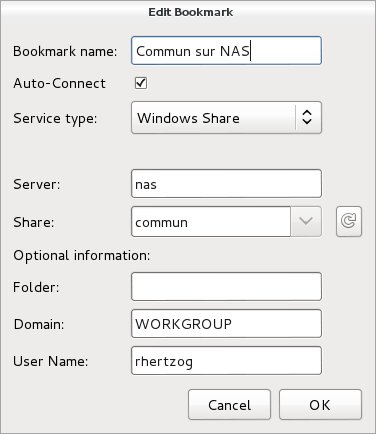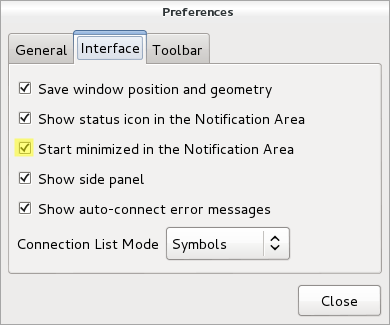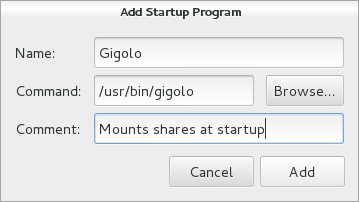 This is my monthly summary of my free software related activities. If you’re among the people who made a donation to support my work (120.46 €, thanks everybody!), then you can learn how I spent your money. Otherwise it’s just an interesting status update on my various projects.
This is my monthly summary of my free software related activities. If you’re among the people who made a donation to support my work (120.46 €, thanks everybody!), then you can learn how I spent your money. Otherwise it’s just an interesting status update on my various projects.
Dpkg
At the start of the month, I reconfigured dpkg’s git repository to use KGB instead of the discontinued CIA to send out commit notices to IRC (on #debian-dpkg on OFTC, aka irc.debian.org).
I didn’t do anything else that affects dpkg and I must say that Guillem does not make it easy for others to get involved. He keeps all his work hidden in his private “for 1.17.x” branch and refuses to open an official “jessie” branch as can be seen from the lack of answer to this mail.
On the bright side, he deals with almost all incoming bugs even before I have a chance to take care of them. But it’s a pity that I can never review any of his fixes because they are usually pushed shortly before an upload.
Misc packaging
I helped to get #689336 fixed so that the initrd properly setups the keymap before asking for a passphrase for an encrypted partition. Related to this I filed #689722 so that cryptsetup gains a dependency ensuring that the required tools for keymap setup are available.
I packaged a new upstream version of zim (0.57) and also a security update for python-django that affected both Squeeze and Wheezy. I uploaded an NMU of revelation (0.4.13-1.2) so that it doesn’t get dropped from Wheezy (it was on the release team list of leaf packages that would be removed if unfixed) since my wife is using it to store her passwords.
I sponsored a new upstream version of ledgersmb.
Debian France
We managed to elect new officers for Debian France. I’m taking over the role of president, Sylveste Ledru is the new treasurer and Julien Danjou is the new secretary. Thank you very much to the former officers: Carl Chenet, Aurélien Jarno and Julien Cristau.
We’re in the process of managing this transition which will be completed during the next mini-Debconf in Paris so that we can exchange some papers and the like.
In the first tasks that I have set myself, there’s recruiting two new members for the boards of directors since we’re only 7 and there are 9 seats. I made a call for volunteers and we have two volunteers. If you want to get involved and help Debian France, please candidate by answering that message as soon as possible.
The Debian Handbook
I merged the translations contributed on debian.weblate.org (which led me to file this wishlist bug on Weblate itself) and I fixed a number of small issues that had been reported. I made an upload to Debian to incorporate all those fixes…
But this is still the book covering Squeeze so I started to plan the work to update it for Wheezy and with Roland we have decided who is going to take care of updating each chapter.
Librement
Progress is annoyingly slow on this project. Handling money for others is highly regulated, at least in the EU apparently. I only wanted an escrow account to secure the money of users of the service but opening this account requires either to be certified as a “payment institution” by the Autorité de contrôle prudentiel or to get an exemption from the same authority (covering only some special cases) or to sign a partnership with an established payment institution.
Being certified is out of scope for now since it requires a minimum of 125000 EUR in capital (which I don’t have). My bank can’t sign the kind of partnership that I would need. So I have to investigate whether I can make it fit in the limited cases of exemption or I need to find another “payment institution” that is willing to work with me.
Gittip uses Balanced a payment service specialized in market places but unfortunately it’s US-only if you want to withdraw money from the system. I would love a similar service in Europe…
If I can’t position Librement as a market place for the free software world (and save each contributor the hassle to open a merchant account), then I shall fallback to the solution where Librement only provides the infrastructure but no account, and developers who want to collect donations will have to use either Paypal or any other supported merchant account to collect funds.
That’s why my latest spec updates concerning the donation service and the payment service mentions Paypal and the possibility of choosing your payment service for your donation form.
Thanks
See you next month for a new summary of my activities.
 The traditional way to mount Windows (or Samba) shares involves hardcoding the credentials in a plain-text file and some
The traditional way to mount Windows (or Samba) shares involves hardcoding the credentials in a plain-text file and some 

